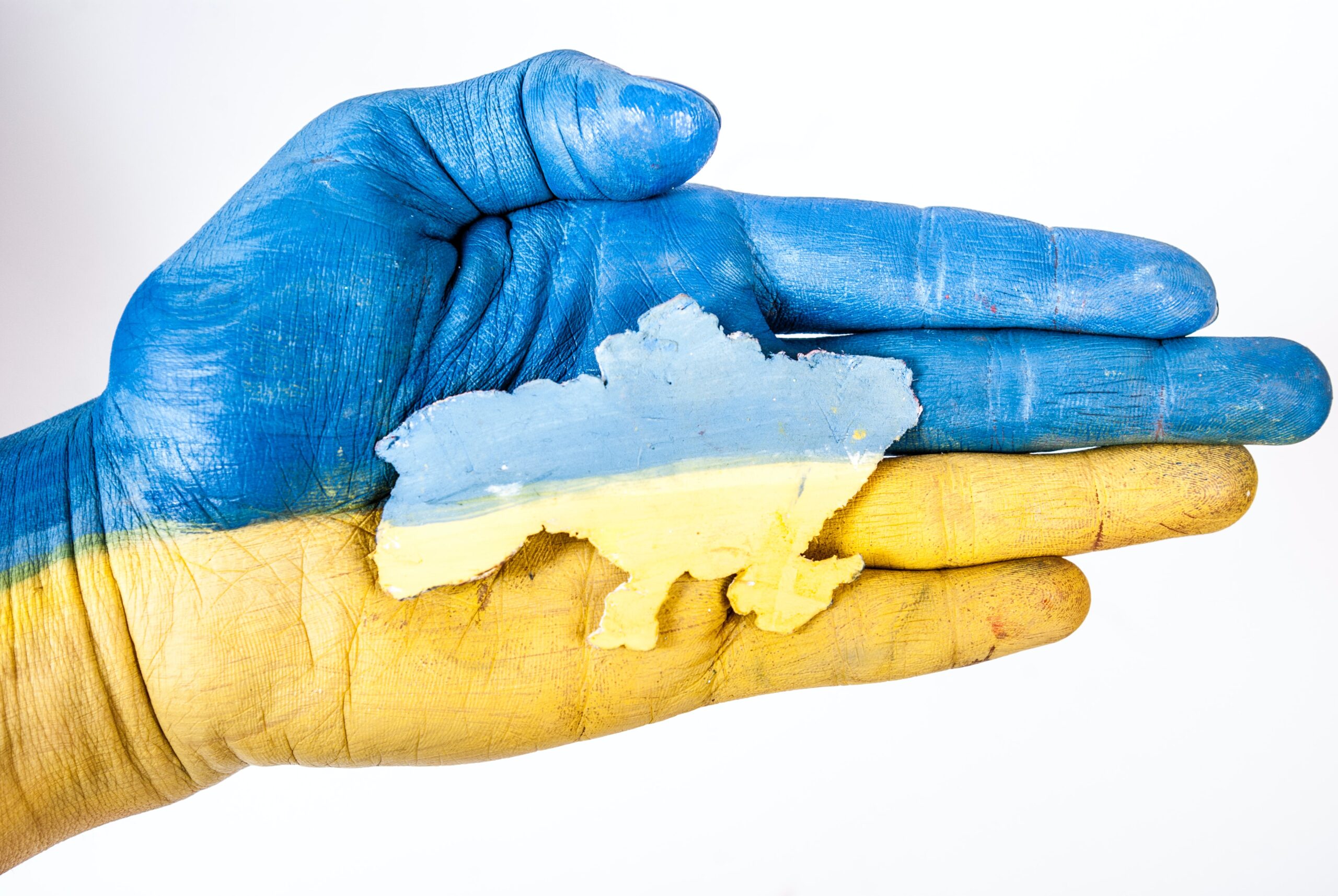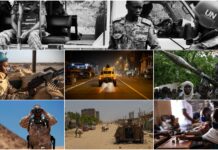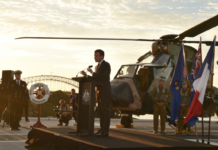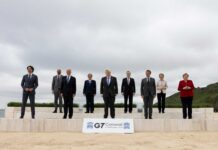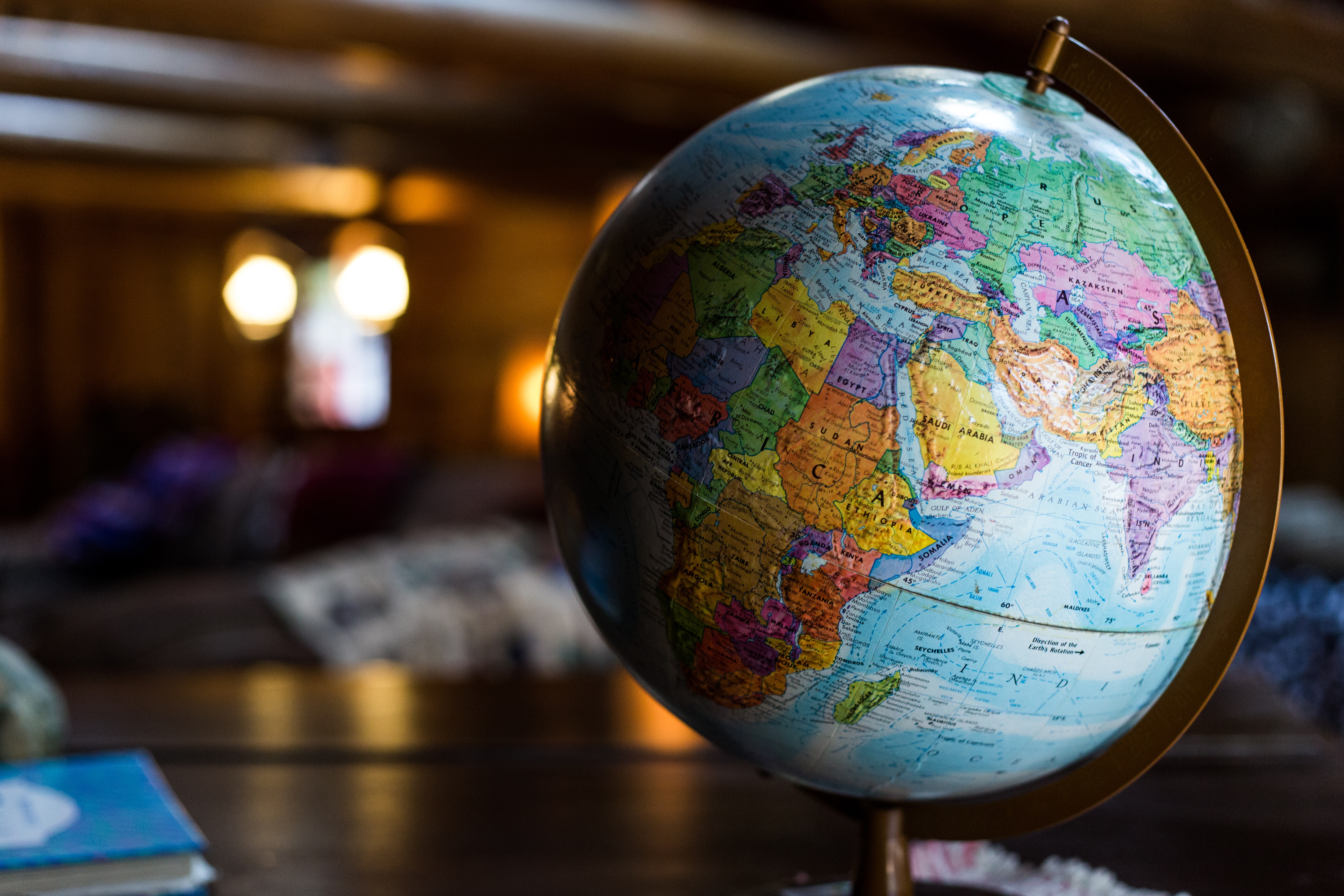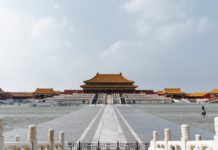As a political and social science International Relations (IR) seeks to explain the nature and evolution of the international order by exploring the forces that shape relations between states. Historians and philosophers got there long before anyone else, but as a discipline IR is a relatively new field. Born out of the horrors of World War I (or the Great War, as it was first called), the first ever IR-dedicated department was set up by the University of Aberystwyth in Wales. Shortly after, the League of Nations was founded in January 1920 as an inter-governmental organisation aimed at preserving peace.
The League of Nations was first proposed by US President Woodrow Wilson in his 1918 fourteen points speech. His fourteenth point proposed the creation of a “general association of nations (…) formed under specific covenants for the purpose of affording mutual guarantees of political independence and territorial integrity to great and small states alike”. Wilson’s philosophy came to be known as Wilsonian Idealism which became the precursor of liberal internationalism or liberalism, a theory which in its normative form predicts that the establishment of liberal institutions are preconditions for world peace.
These two developments – the creation of the first IR-Chair and of the League of Nations -were reflective of a fundamental question arising in the minds of many scholars, political leaders and society at large. Namely, how could conflict possibly break out between nations with such violence? What were the main factors that pushed the great powers into such a destructive war? Could anything be done and, if so what, to prevent this level of violence from erupting again in the future?
As a result of the strong reaction against the drama of war, the first and predominant IR theory became that of idealism or liberal internationalism. However, as time went on and the League of Nations failed to prevent the outbreak of World War II, a fierce critique of idealism was launched. This critique became the foundation of the realist theory of international relations and which put the emphasis on states’ inevitable pursuit of power, leading in turn to great power conflict.
Over time, liberalism and realism each developed their neo variants while the influence of the social sciences led to the formulation of novel theories of international relations founded on critical thinking and emancipatory politics, in contrast to the positivist and problem-solving nature of the early theories. Post-modernism, post-colonialism, constructivism and feminism developed into major theoretical currents, attracting significant support.
Of these, constructivism presented the greatest challenge to the hegemonic position of liberalism and realism. Appearing in the early nineties, constructivism defends that anarchy, understood as the lack of an overarching structure and power in the international arena, is what states make of it. This is because, as agents, states are shaped both by the structure in which they operate but also by identities which inform their interests and actions, and that this, in turn, influences the nature of the structure in which they find themselves in. States therefore are not destined to clash against each other but form a society with agency characteristics.
Over the last decades, a number of dramatic political, social and technological changes have influenced the IR debate. This includes the advent of globalisation and the rise of non-state actors and transnational organisations from terrorist networks to multinationals. It also involves the invention of the internet as a tool of mass communication, with its dark web and the ability of smaller nations and individuals to launch cyber attacks, therefore levelling the power competition field. Can existing theories, including realism, still explain the nature of our international order despite these phenomenal changes? Do they still provide the tools necessary to understand and prevent international conflict?
Sample Bibliography
Theories of International Relations, by Scott Burchill et al
The Anarchical Society: A Study of Order in World Politics, by Hedley Bull
Understanding International Conflicts, by Joseph S. Nye, Jr.
Theory of International Politics, by Kenneth Waltz
Power and Interdependence, by Robert O. Keohane and Joseph S. Nye, Jr.
Anarchy is What States Make of It, by Alexander Wendt
A Social Theory of International Politics, by Alexander Wendt


